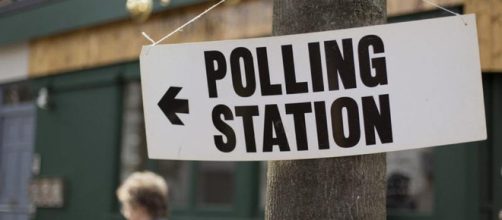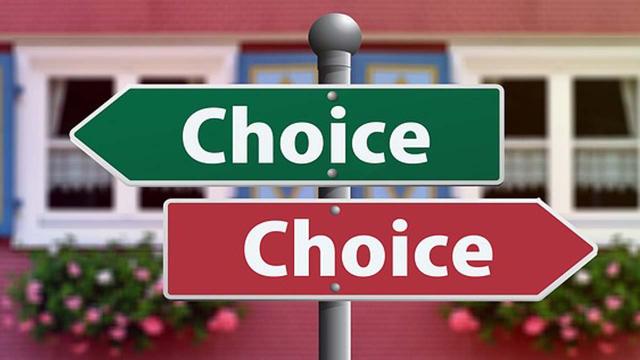Local Elections are something that get very little press and with the major news that Donald Trump has been nominated for a Nobel Peace Prize, expect it to be pushed down the pecking order even further. I have also done the same as the state of affairs in Iran is something that this country has a significant say in but nonetheless, here is a brief outline of what to expect today.
Elections will take place for 150 local authorities in England, with more than 16,000 candidates competing for 4,370 seats, plus a few by-elections.
Where and why it is important
Every region of England is included along with all 32 boroughs in London, additionally, there will be votes for a new local authority mayor, otherwise known as a “mini mayor” within Watford, Hackney, Lewisham, Newham and Tower Hamlets. Furthermore, in South Yorkshire, they will be choosing a metro mayor for the very first time and the winner of this vote will take office as the Sheffield City Region Mayor.
These votes are important because your local authorities are responsible for public services within your area and these include, education, public transport, social car, housing, rubbish collection and public transport. Councillors are vital for each and every area, to keep them running and ultimately helping to deliver what the public need.
That is why a strong council, who are willing to hold the government to account as well as MPs for the areas they represent, are vital for local economies.
How to vote
Your local Polling Station will be open between 7am and 10pm, if you are unsure where it is, it is written on your polling card that you should have received if you registered to vote in time. Postal voters should have already received their ballots a week ago and sent them off but if you have left it too late then you can return your postal vote by hand at the polling station. Unlike last year’s general election, EU citizens are allowed to vote.
There is a slight difference for five areas, who are trialling mandatory Voter ID and the areas that are forcing voters to bring ID as part of the government trial are Bromley, Gosport, Swindon, Watford and Woking.
The plans are to test whether it should be rolled out nationwide in future elections but there are risks of further disillusionment amongst voters if it does get the go ahead. In 2011, 9.5 million people stated they did not hold a passport, 9 million do not have a driving licence and in 2013/14 1.7 million lacks even a bank account. Many see mandatory voter ID as a barrier to exercise their right to vote, which many lacks in other countries around the world.



